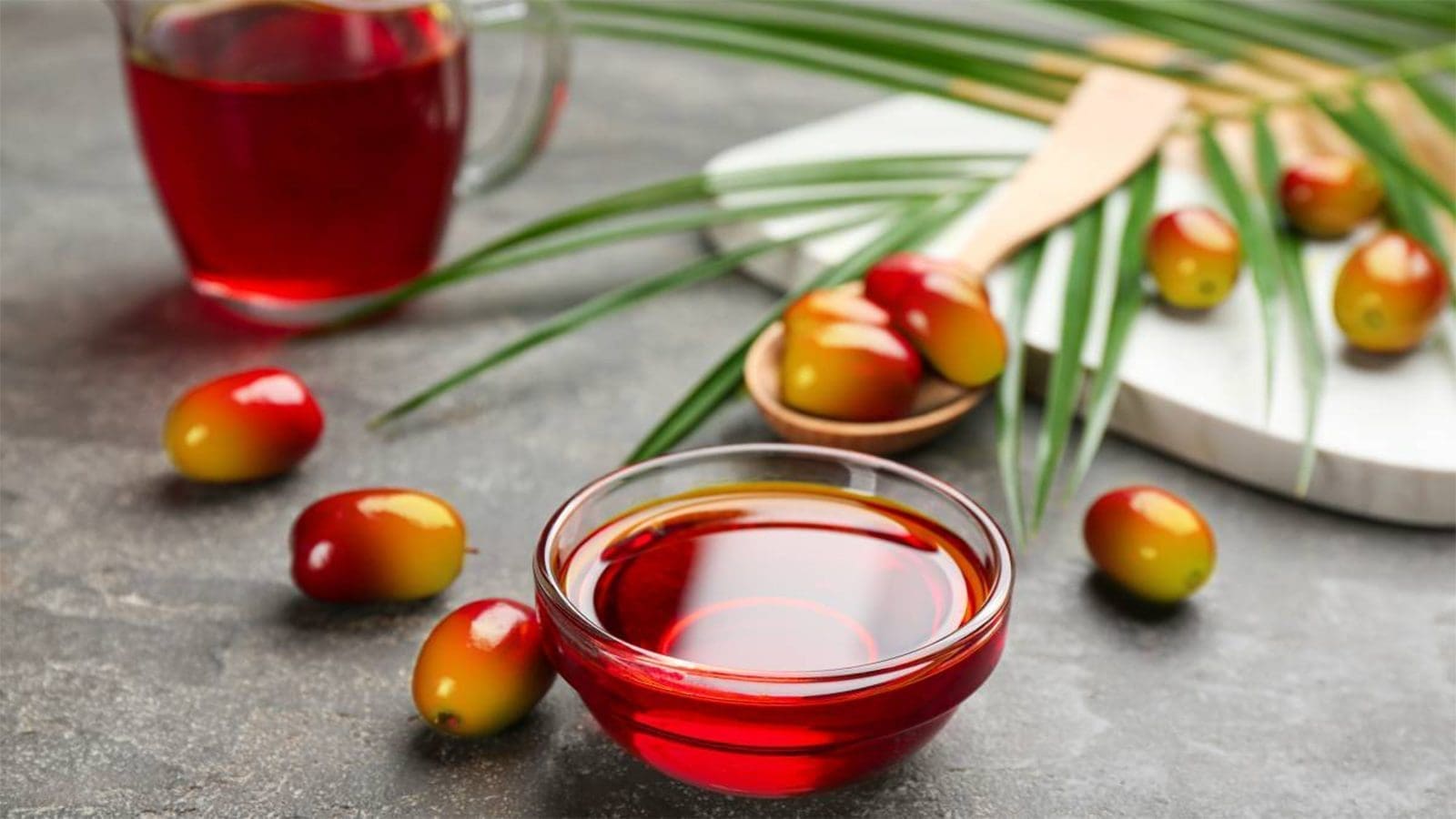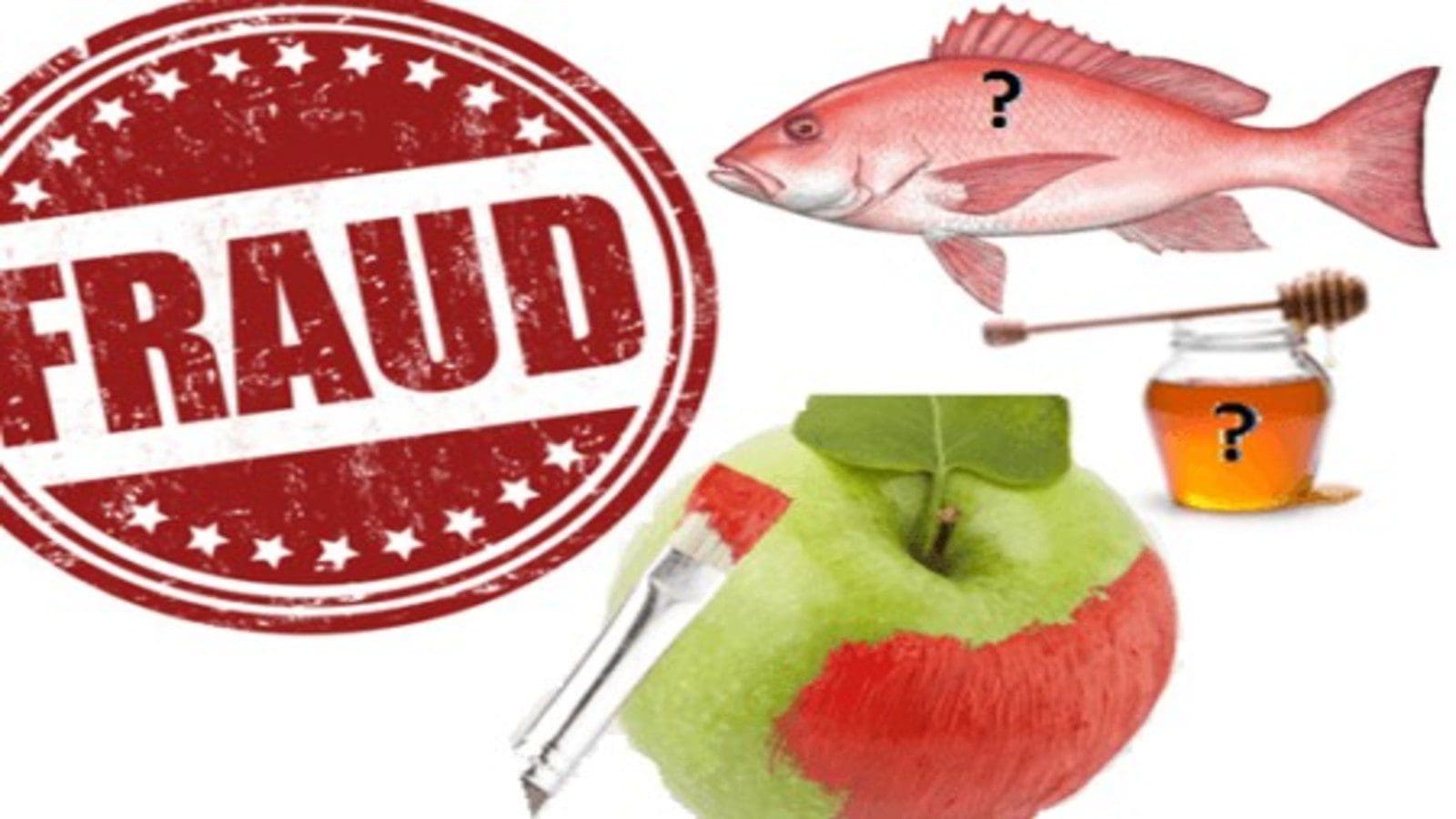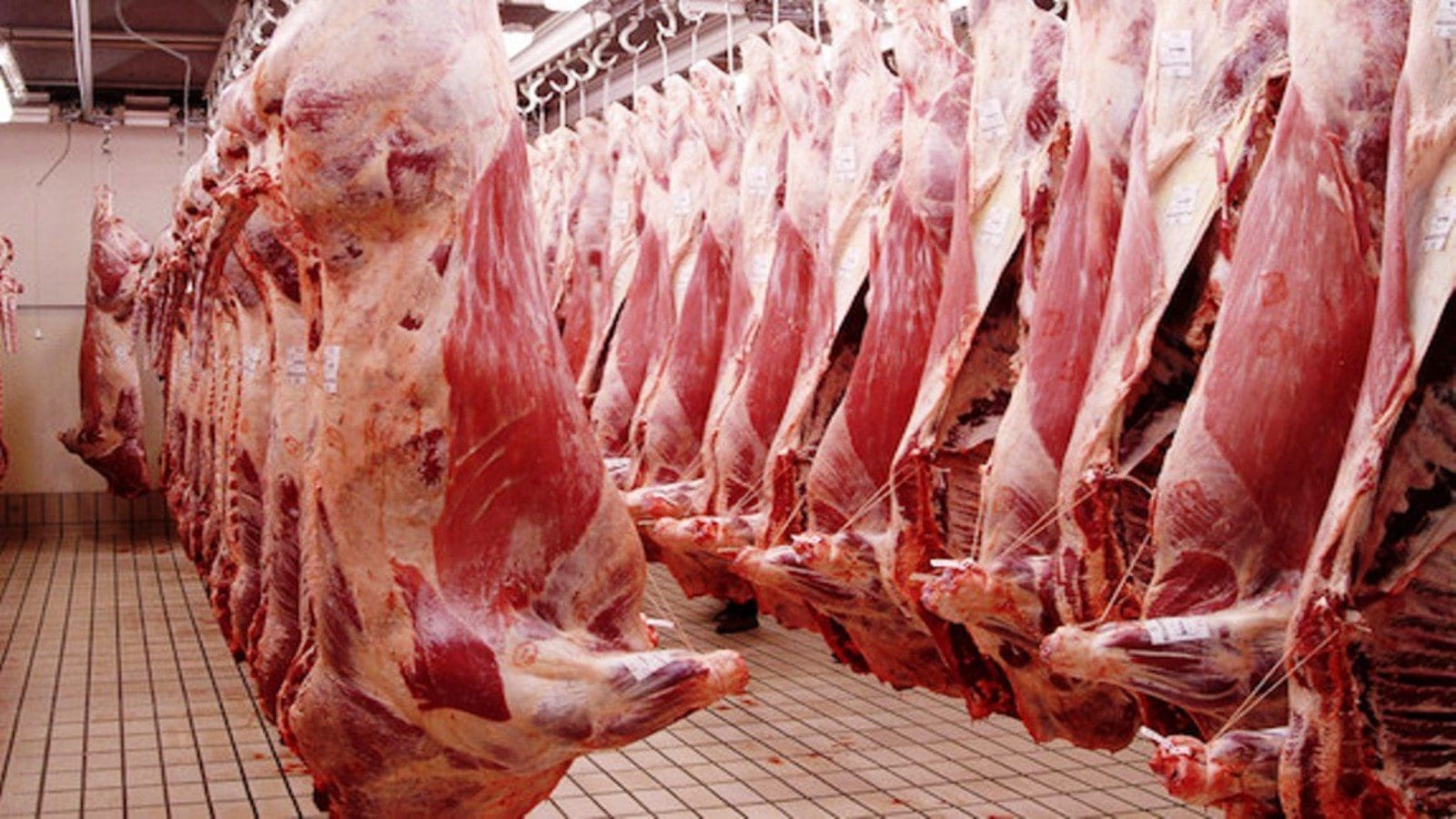GHANA – The Food and Drugs Authority (FDA), Ghana, has recapitulated that the consumption of adulterated palm oil poses a serious health risk to consumers.
This caution came at the backdrop of reports that most palm oil in local markets has been adulterated with Sudan dye also known as “sudeen.”
The Head of Food Borne-Disease Surveillance of FDA, Mr. Benjamin Osei Tutu said the sudeen was a deadly dye which can cause leukemia, cancer, liver and kidney diseases urging traders to desist from incorporating it in their products.
He explained that about 98 per cent of palm oil sold in various markets has been mixed with the substances.
Sudan dyes are classified by the International Agency for Research on Cancer (IARC) as Group 3 carcinogens and are banned as food additives worldwide (IARC, 1987).
Sudeen, comprises of a group of compounds which are used to colour hydrocarbon solvents, dresses, fats, waxes, shoes, and floor polishes.
Speaking at a sensitization forum by the FDA, Mr. Tutu asked the traders at the Malata market in Accra to be mindful of their suppliers, so as to guarantee the authenticity of their products.
“We are still hammering on this adulteration procedure because it is deadly and needs to be stopped, for now we are sensitizing the market women on the dangers but soon those who indulge in the practice will be arrested and prosecuted,” he informed.
The Acting Director for Food Safety and Consumer Education, Mrs. Faustina Atupra, urged the market women to get details of their suppliers, so that should there be criminal cases, they could be held liable.
“If the vendor is not the person putting in the harmful substances, they should be able to provide details of their suppliers so that they would be arrested instead of the vendors,” she said.
Mrs. Atupra encouraged the market women to tell their suppliers to allow their palm fruit to fully ripen before using it as oil in order not to produce oil with a very light colour which would require the sudeen as supplement.
The market leader of Malata market, Mrs. Veronica Apenuvor, assured FDA that, though the market women were not involved in the process of adulteration, they would ensure the safety of every oil they sell.
On that note, she urged the market women to reveal to FDA details of their suppliers committing such acts, so they could be arrested for their deeds.
Lat year, the Artisanal Palm Oil Millers and Outgrowers Association, Ghana, developed an app to enable consumers to track the source of palm oil and its producers before purchase and consumption to curb the menace of Sudan dye.
Liked this article? Subscribe to Food Safety Africa News, our regular email newsletters with the latest news insights from Africa and the World’s food safety, quality and compliance. SUBSCRIBE HERE








